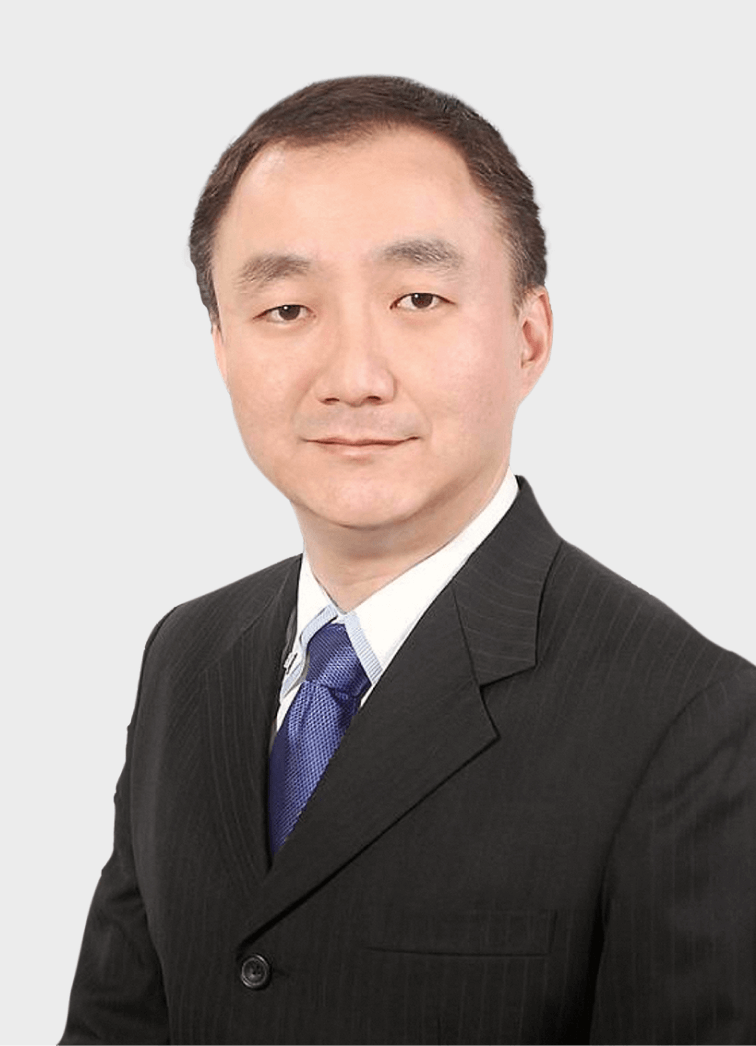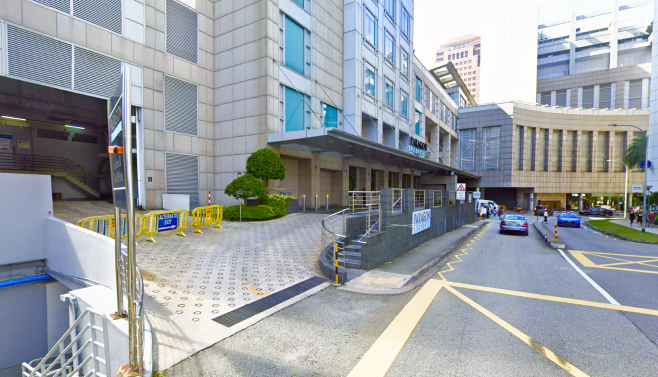The Safety Net
Dementia & Elderly Mental Health Specialist in Singapore

Senior Consultant Psychiatrist, Dr. Tan Sheng Neng
MMED (Psych), MBBS, MCI, FAMSElderly mental health is an increasing cause for concern as many of the symptoms present may more often than not be attributed to the natural course of ageing. However, it is extremely crucial to understand the common elderly mental health conditions that can affect the elderly, including dementia and depression, as they may result in severe complications if left undiagnosed and untreated.
What Is Dementia?
Dementia is a general term for the progressive deterioration of cognitive function, which affects a person’s memory, thinking, and behaviour. Dementia is typically caused by various illnesses, and the cognitive impairment may range in severity.
One of the most common types of dementia is Alzheimer’s disease, a specific progressive brain disease that causes gradual loss of cognitive and memory function.
It’s important to note that the normal ageing process affects everyone.
However, do you find yourself gradually becoming more forgetful, experiencing a loss of concentration, going through extreme mood swings or showing a loss of interest in previously enjoyed activities? You may have developed an elderly mental health condition.
Elderly mental health conditions can get worse without proper treatment.
Get Started

Senior Consultant Psychiatrist
Dr. Tan Sheng Neng 
Dr Tan was the Director of Consultation-Liaison Psychiatry Service (2017-2019) at Changi General Hospital (CGH), Singapore. He was also an Assistant Director (Psych) of the Integrated Sleep Service at CGH (SingHealth Duke-NUS Sleep Centre), where he helped develop into a department in 2018.
- Master of Medicine (Psychiatry)
- Master of Clinical Investigation (MCI)
- Bachelor of Medicine and Bachelor of Surgery (MBBS)
- Fellow of the Academy of Medicine, Singapore (FAMS)
At present, besides the clinical work in his clinic and hospitals, Dr Tan also holds the following appointments:
- Clinical Advisor to Samaritans of Singapore (SOS)
- Lecturer to Executive Counselling and Training Academy (ECTA)
Dr Tan has a specialised interest in neuropsychiatry. He treats patients with Sleep Disorders, Mild Cognitive Impairment and Brain trauma or injury, particularly from strokes.
Read Full Bio

Symptoms of Elderly Mental Health Conditions
Some of the common symptoms include:
- Loss of concentration
- Reduced memory function (becoming more forgetful)
- Extreme mood swings
- Confusion
- Suicidal thoughts
- Feelings of hopelessness
- Loss of interest in previously enjoyed activities
- Fatigue & Insomnia
- Social withdrawal
Causes of Elderly Mental Health Conditions
Neurodegenerative diseases
This is a group of conditions where the gradual dysfunction of neurons or brain cells happens, affecting brain function. Examples of neurodegenerative diseases include Alzheimer's disease and vascular dementia.
Family history
You're at a higher risk of developing dementia or depression if you have a family history of dementia or depression.
Medication side effects
Head injuries leading to brain damage
Exposure to toxins or chronic drug use
Medical conditions and diseases such as stroke, hypothyroidism and kidney disorders
Complications of Elderly Mental Health Conditions
If elderly mental health conditions are left undiagnosed and untreated, it can lead to further complications such as:
- Increased memory loss
- Impairment of daily functioning
- Difficulty expressing emotions
- Malnutrition
- Suicidal thoughts
- Inability to communicate
- Increasing frustration or confusion
- Significant personality changes
It’s important to note that the normal ageing process affects everyone.
However, do you find yourself gradually becoming more forgetful, experiencing a loss of concentration, going through extreme mood swings or showing a loss of interest in previously enjoyed activities? You may have developed an elderly mental health condition.
Elderly mental health conditions can get worse without proper treatment.
Get Started
Treatment Options
Medication
Antidepressants
Medications for mood or behavioural changes
Medications for memory loss such as cholinesterase inhibitors and memantine
Psychotherapy
Cognitive-behavioural therapy (CBT) or family-based therapy (FBT) helps patients with dementia to regain cognitive function and orientation of daily tasks to restore daily functioning slowly. Psychotherapy is also very effective for the elderly with depression as they can learn how to understand and cope with their symptoms and negative thoughts.
Electroconvulsive therapy (ECT)
Electroconvulsive therapy (ECT) involves attaching electrodes to the patient’s scalp and sending tiny electric shocks to the brain under general anaesthesia. This procedure affects the neurotransmitters in the brain to help reduce symptoms of depression.
ECT is typically performed when there is a poor response or severe side effects from medications.
Diagnosis for Elderly Mental Health Conditions
During the process of a comprehensive diagnosis, your psychiatrist may recommend one or more of the following tests:
1
Physical examination
To check for the presence of symptoms and changes in brain and memory function
2
Review of medical or family history
3
Psychiatric assessment
4
Blood or urine tests

Speak To Us Today
Get Specialised Medical Care For Your Mental Health
We will make it easier for you to improve your mental well-being.
Get Started
Your treatment Roadmap with Dr Tan
1
Registration
Our friendly clinic staff will assist you with your registration, ensuring an efficient and hassle-free process for you. Book your appointment today.
2
Detailed Consultation
Dr Tan will speak to you, assess your condition, and develop a personalised treatment plan, which may include therapy and/ or medication.
3
Follow-up Visits
Dr Tan will schedule follow up visits to check in with you and make adjustments to your personalised treatment plan if necessary.

Frequently Asked Questions
What is the difference between dementia and Alzheimer's disease?
Dementia is the general term for progressive cognitive and memory function loss. On the other hand, Alzheimer’s disease is a specific type of dementia.
Can elderly mental health conditions be fully cured?
While there is no exact ‘cure’ for elderly mental health conditions such as depression or dementia, treatment options can slow the progression of diseases and relieve symptoms. This helps improve the quality of life of the elderly and allows them to regain daily functioning.
Can elderly mental health conditions be prevented?
There is no definitive way to prevent conditions such as depression or dementia. However, maintaining a healthy lifestyle by exercising and consuming a balanced diet and keeping your brain active can reduce the risks of developing a mental health condition in your later years.
Take the first step towards Better Mental Health
Start your mental health journey with us today. Get the proper personalised treatment plan you deserve.Visit Us Today
Feel free to drop by our our clinic and meet our specialist





